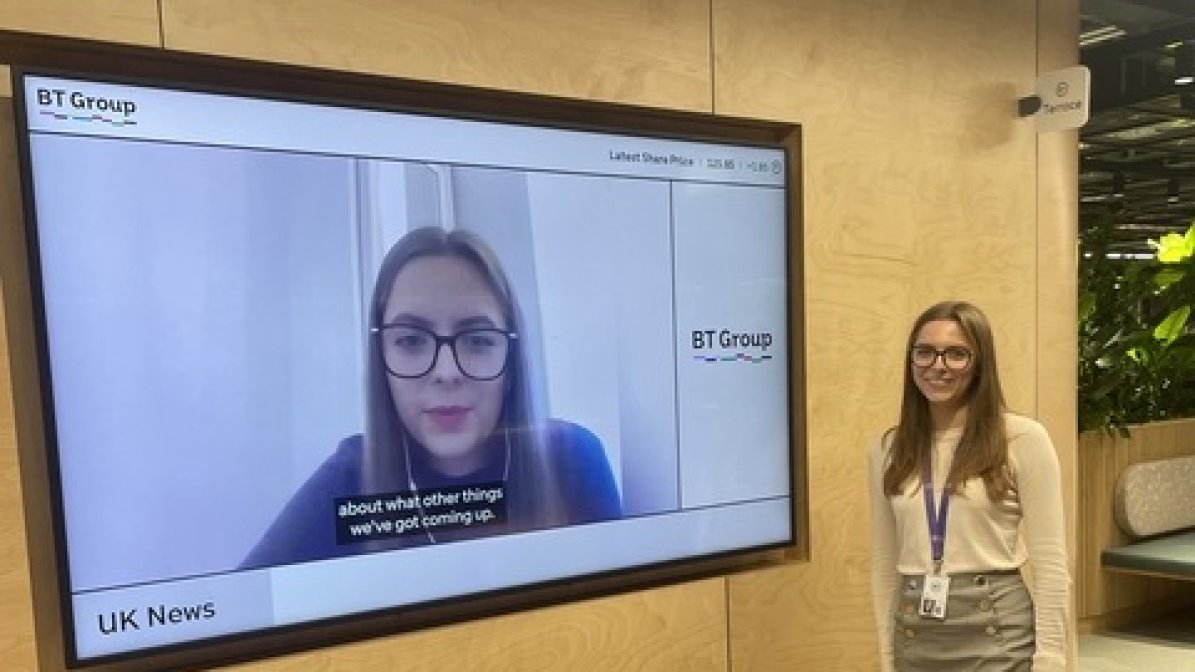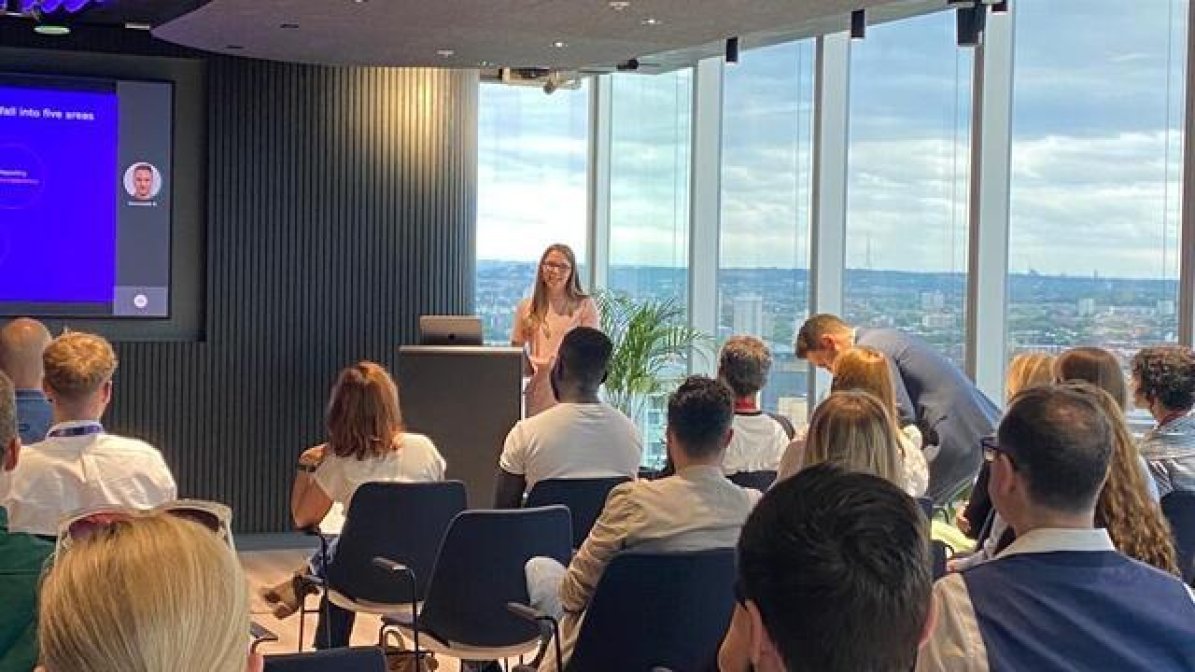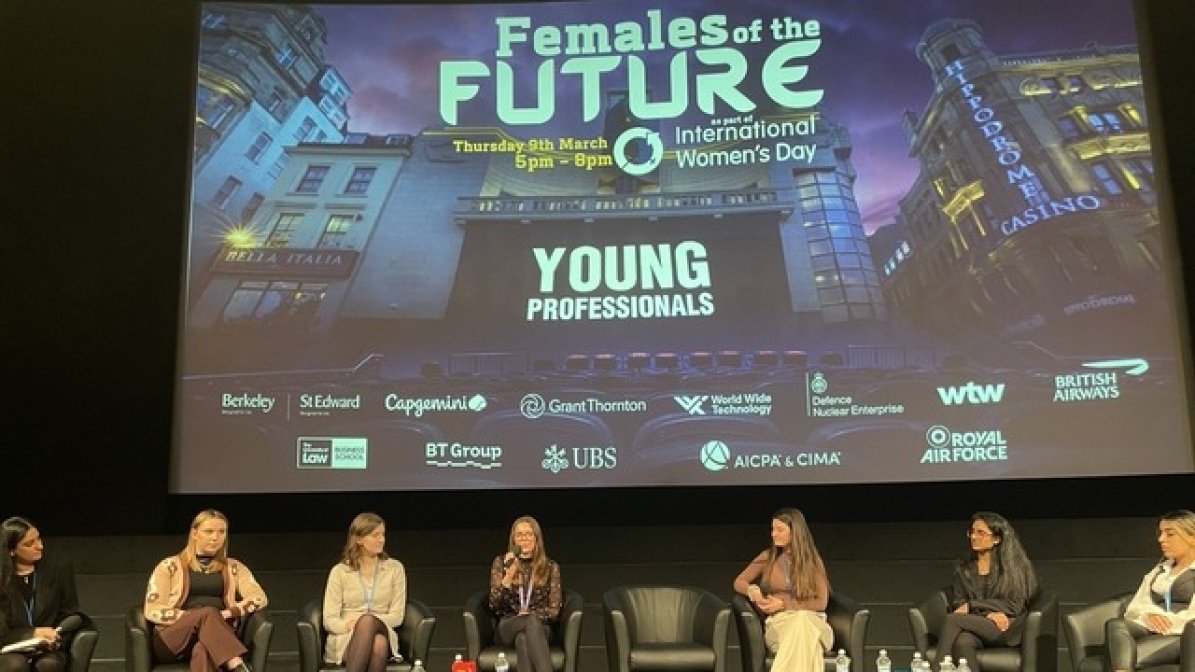What advice would you give to somebody who's thinking about an apprenticeship but isn’t sure?
I would suggest you should definitely go for it! Do your research, learn more, and apply for those that interest you the most.
If you are considering an apprenticeship or university, I would suggest creating a pros and cons list, to ask yourself why you want to do an apprenticeship vs. university. Personally, I find getting things on paper and being able to visualise your reasoning really helps. It could also be beneficial to ask advice from any contacts, or reach out to apprentices on LinkedIn to gain more insights. Or ask your from family and friends, but remember it's your career and ultimately your decision to pick the route which is best for you.
Apprenticeships are massively growing and developing, even since I started mine in 2020. I have seen more and more research and articles discussing the many apprenticeship routes and careers including law, medicine, and business – there are so many different apprenticeships you can explore!




